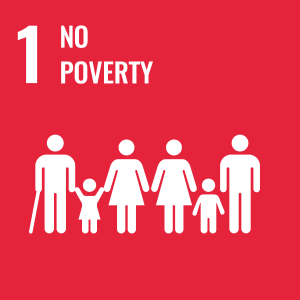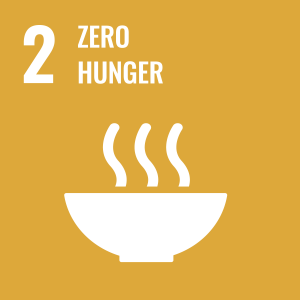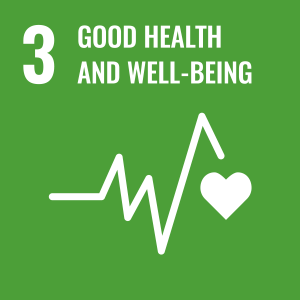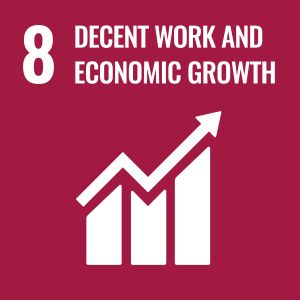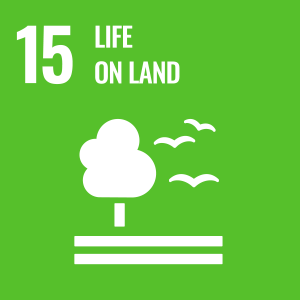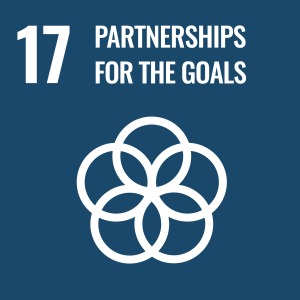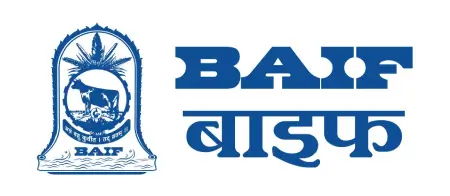AGRI-HORTI-FORESTRY (Wadi)
for Carbon Sequestration and Livelihoods of small and marginal farmers
Programme Approach
Sustainable Livelihood and Carbon Neutrality: Rural families, especially in tribal regions, are encountered with formidable challenges including small and marginal landholdings, significantly high dependence on rainfed agriculture and depleting natural resources. Under these circumstances, a large number of families have to resort to distress migration in various seasons, adversely affecting the nutritional, health and educational status of their children and other members of their families.
BAIF has pioneered and up-scaled the Wadi (backyard orchard in tribal dialect of Gujarat) programme in South Gujarat which has helped to transform the lives of poor and needy families.

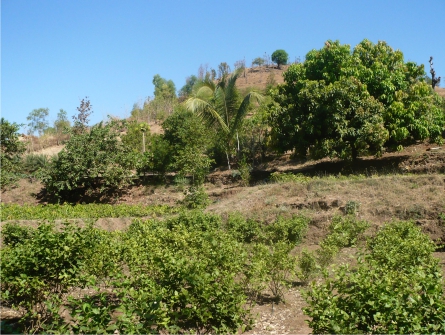
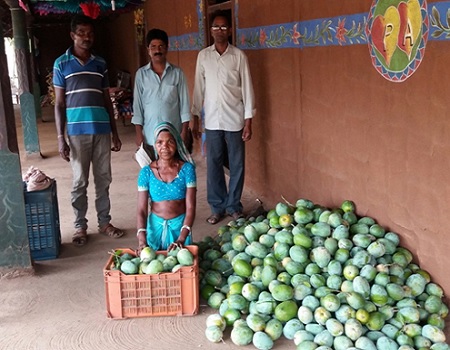
The Wadi programme, an integrated farming systems approach, includes horticulture and forestry tree species and crop diversification in the farming system. Emphasis is laid on promotion of fruit trees and indigenous and multipurpose forestry tree species to address the nutrition, fodder, timber and fuel wood requirements of the families, while improving their farm income. Appropriate initiatives are introduced for soil and water conservation as well as soil improvement. These initiatives have helped convert degraded lands into productive assets.
Other location-specific short gestation livelihood activities like agriculture improvement, small plot vegetable cultivation, floriculture and inland fishery-based initiatives have also been promoted along with tree-based farming.
The farmers are organised into Farmer Producer Organisations (FPOs) which are nurtured to take up value chain activities thereby ensuring appropriate returns on farm produce through value addition, aggregation and processing.

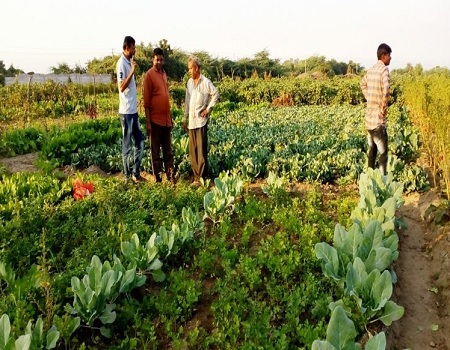
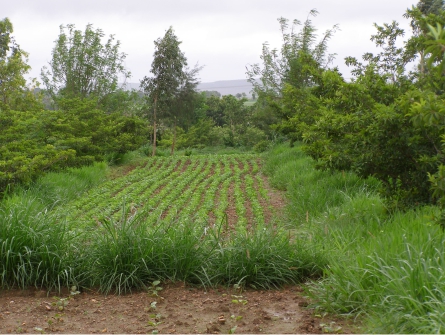
Major Outcomes
- Improved livelihood through increase in farm returns
- Significant increase in income and a long-term sustainable livelihoods source created for the families.
- Improved resilience against climate and market risks
- Improved access to nutrition in the form of vegetables, pulses and fruits
- Reduction in distress migration
- Sequestration of 23 tons of carbon per hectare (ha) from a 10-year old Wadi.
- Recognised as a Centre of Excellence by the Ministry of Tribal Affairs, Government of India.
Impact
- BAIF has transformed the lives of more than 0.2 million needy families and ensured sustainable livelihood.
- Tree-based farming systems has been established on more than 81,000 ha in ten states of the country.
- The Wadi programme has been replicated in 25 states across the country, through various organisations, primarily with the support of NABARD.
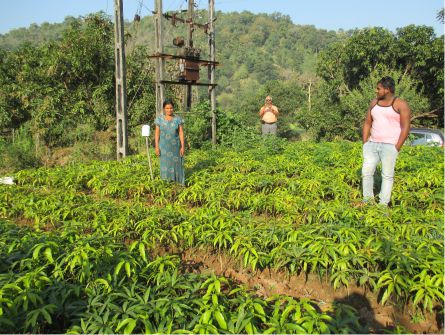
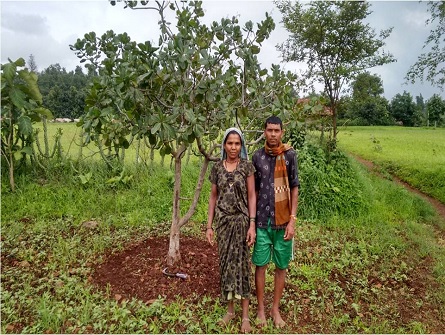
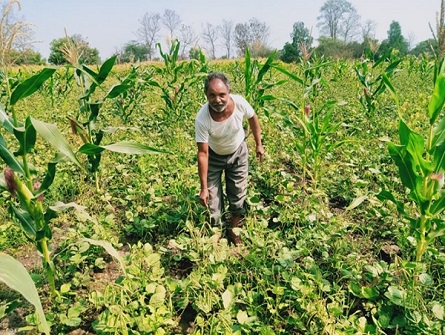
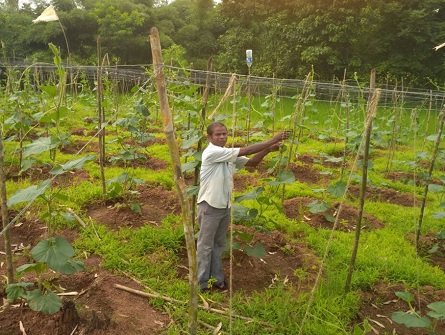
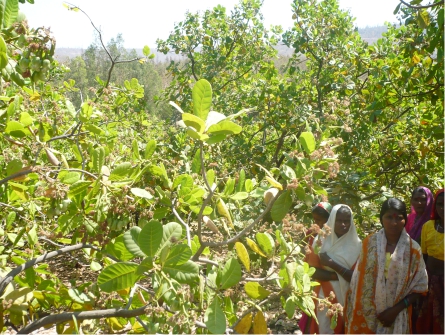

A Silent Revolution
“The experience gained, has clearly shown that the deprived and the dispossessed, the landless and jobless, whose number is legion, want to be and need to be rehabilitated in their natural environs.
They are anxious to be able to make a decent living on the strength of natural resources in their vicinity and within their reach.
Vast stretches of wastelands beckon us to undertake a bold endeavour to rehabilitate the rural poor”.
– Manibhai Desai
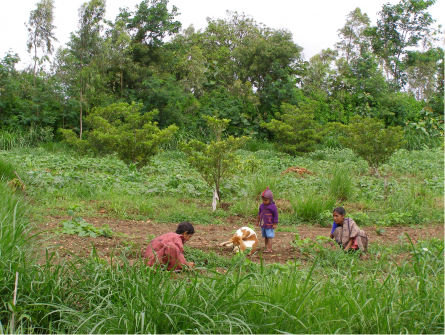

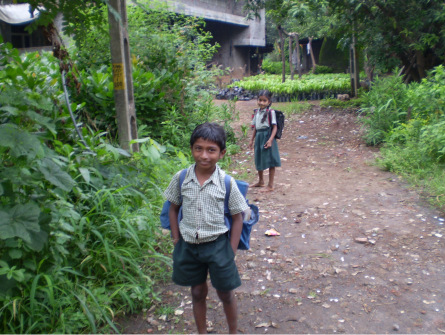
The Wadi Programme contributes to Climate Change Mitigation and also achieves other Sustainable Development Goals.
